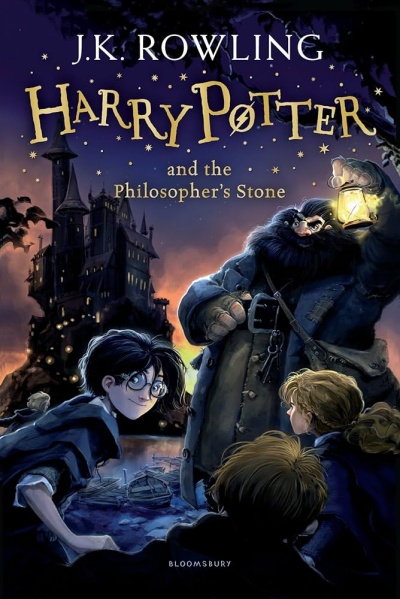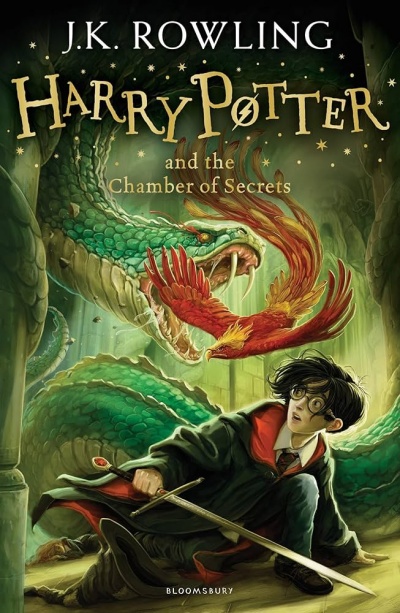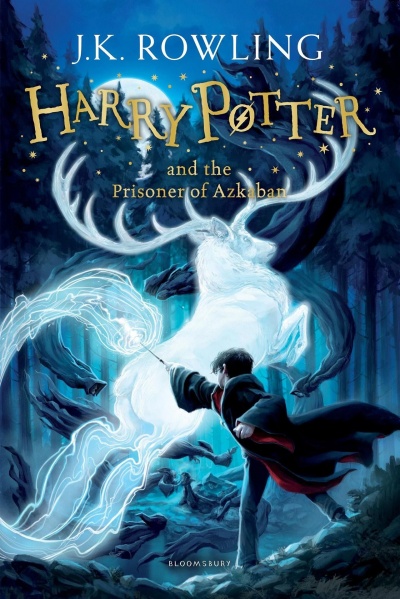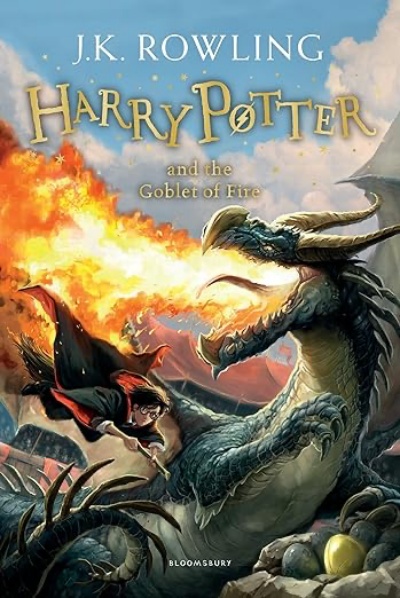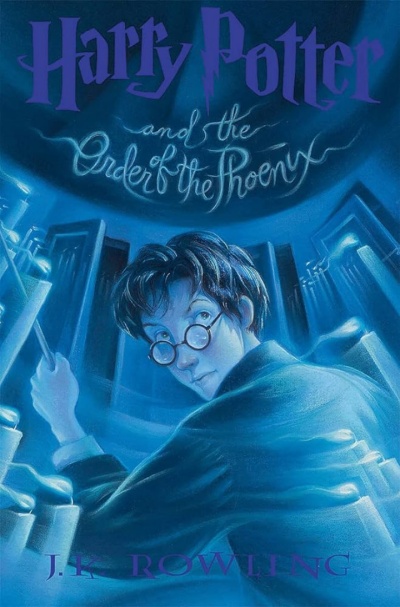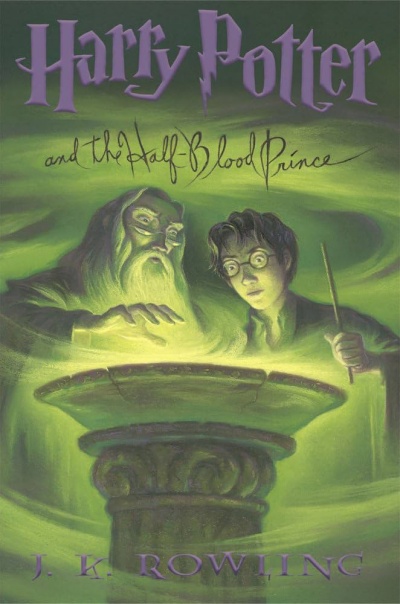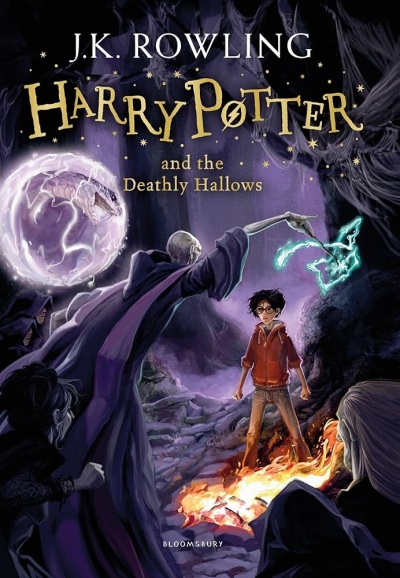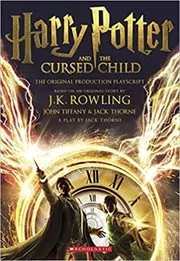Harry Potter Books in Order
This reading order guide provides a complete list of Harry Potter books in order, and is always kept updated so you won’t miss anything!
About J.K. Rowling and the Harry Potter Series
J.K. Rowling, the literary sorceress who conjured the fantastical universe of Harry Potter, has left an indelible mark on the hearts of readers around the globe. With her quill, she crafted a world where magic, friendship, and the battle between good and evil seamlessly intertwine, creating a tapestry that has become a timeless classic.
Rowling’s journey into the world of wizards began on a train journey from Manchester to London in 1990. Inspired by the idea of a young wizard attending a school of magic, she embarked on a literary adventure that would change the landscape of children’s literature forever. The result was the creation of the iconic character Harry Potter and the inception of a seven-book series that captured the imaginations of readers across generations.
What sets Rowling apart is not merely her ability to weave spells with words, but her profound understanding of human nature. Through the pages of her books, she explores themes of friendship, loyalty, courage, and the enduring power of love. The characters she breathed life into—Harry, Hermione, Ron, and the myriad inhabitants of the wizarding world—resonate with readers on a deeply emotional level.
The series transcends the confines of age; it’s not just for children or young adults but for anyone who craves an escape into a world where the ordinary can turn extraordinary with the flick of a wand. Rowling’s magical realm serves as a mirror to our own reality, tackling issues such as prejudice, inequality, and the consequences of unchecked power.
As the series progressed, so did Rowling’s narrative prowess. The intricate plot twists, well-developed characters, and the evolving complexity of the wizarding world showcased her growth as a storyteller. Each book adds a layer to the overarching story, revealing the grandeur and intricacy of her vision.
Beyond the pages, Rowling’s impact extends to philanthropy, activism, and the promotion of literacy. Her charitable contributions and advocacy for social causes exemplify the values embedded in her books. The Harry Potter series is not merely a collection of novels; it is a cultural phenomenon that continues to inspire readers to stand up for what is right and to believe in the magic that resides within each of us.
How many Harry Potter books are there in the series?
There are a total of eight Harry Potter books. The series, written by J.K. Rowling, includes the following titles in order:
